
HIGH COURT MARCH 2025 WEEKLY ROUNDUP | Adoption by step-parent; Bank account freezing; Age relaxation in judicial exams; and more
A quick legal roundup to cover important stories from all High Courts this week.

A quick legal roundup to cover important stories from all High Courts this week.
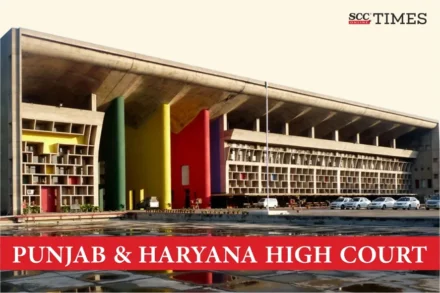
“If pension was extended on the basis of length of service, the order of dismissal or removal from service would become meaningless.”
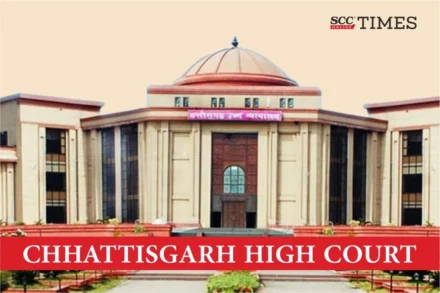
The Court noted that admittedly, before the respondent’s retirement, neither any departmental inquiry was initiated against him nor was any show cause notice issued to him.
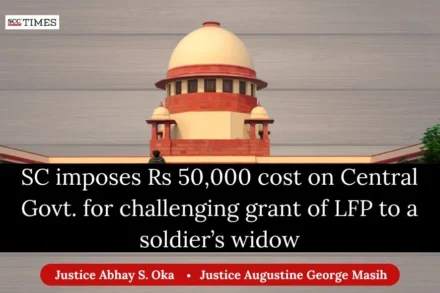
The Court said that Government should have been sympathetic to the widow of a deceased soldier who died in harness instead of dragging her to the Court.
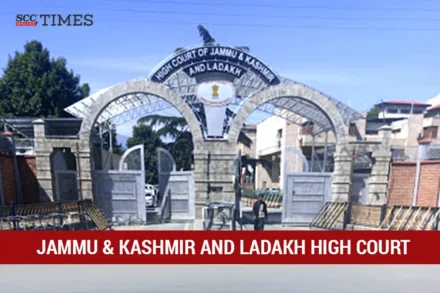
The Deputy Solicitor General of India (DSGI), filed a status report on behalf of the UT of Ladakh, stating that a committee is formed to identify the actual number of transgender individuals in both Leh and Kargil Districts.
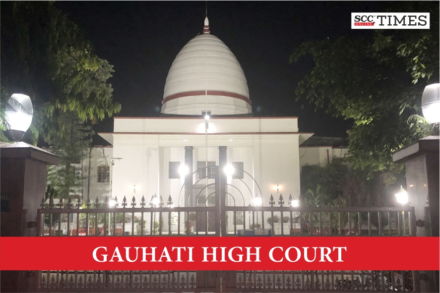
It appears that petitioner has retyped his resignation letter by way of improvement as the original letter titled as ‘Regarding Resignation from Service’ submitted to respondent is hand-written, with different sentence and meaning.
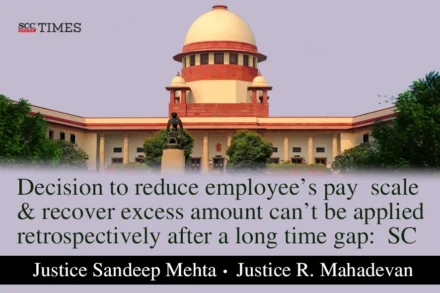
The Court further stated that any step of reduction in the pay scale and recovery from a government employee would be like a punitive action because the same has drastic civil and evil consequences.
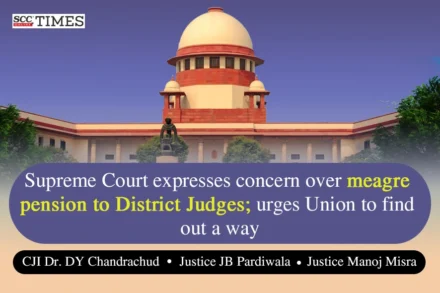
“Some of them are from District Judiciary retiring with a pension of only Rs 15,000/-. We are the guardians of the District Judiciary. As guardians of the district judiciary, what do we do?”
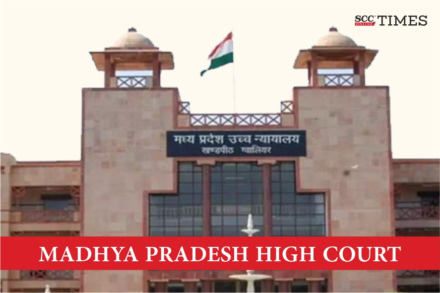
“Instead of helping the family of the missing solider, the Indian Army expects them to get the date of his civil death declared through civil Court, and they are denied to release the pension and other retirement allowances of the missing solider.”
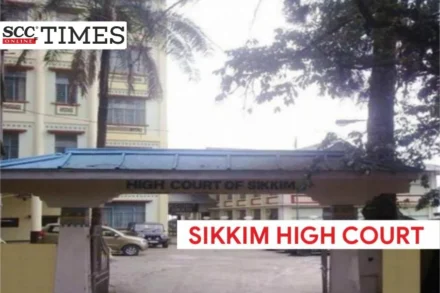
The Court held that the Sikkim Government Pension Rules do not prohibit the revisionist from entering into a compromise deed with the respondent, therefore, the former is bound by the deed.
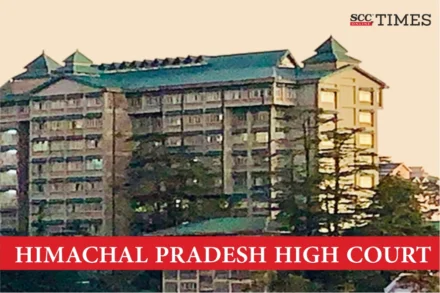
“If appellants wanted the seniority of respondent to be counted from a date of joining, then nothing prevented them from mentioning similar condition as was fixed regarding the pay and allowances with respect to seniority also.”
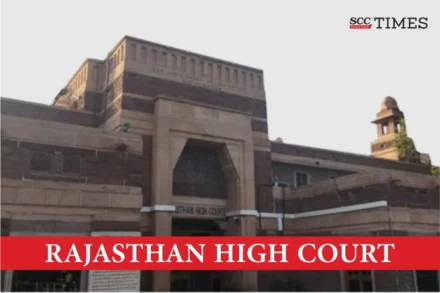
Rajasthan High Court held that retiral benefits are earned by employees for their services and should not be deprived due to non-job-related legal matters.
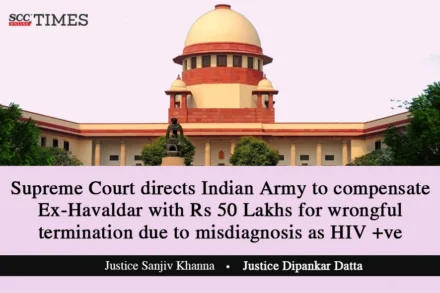
“Severance of employer — employee relationship can never be said to be an easy choice, for it not only results in the employee losing his livelihood, but also affects those who depend on him for their survival. And if the employer is the Indian Army, the loss is even greater, since it has the effect of suddenly displacing a soldier from the regimented lifestyle of the military”
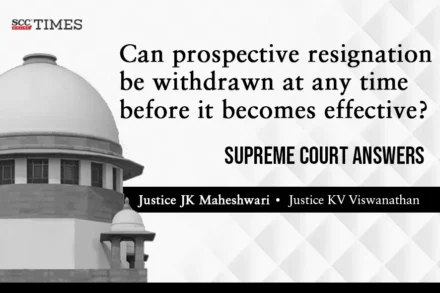
Supreme Court: In an appeal against the judgment passed by Bombay High Court, whereby the Court dismissed the appeal preferred by the
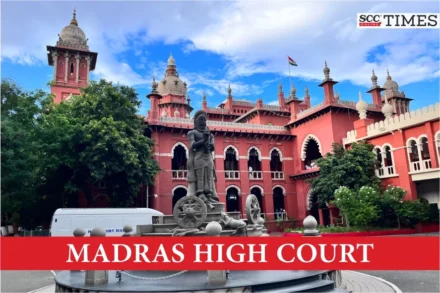
Madras High Court, while noting that the respondent is 94 years old, directed MoHA to comply with the order within a period of two months from the date of receipt of a copy of this Judgment.
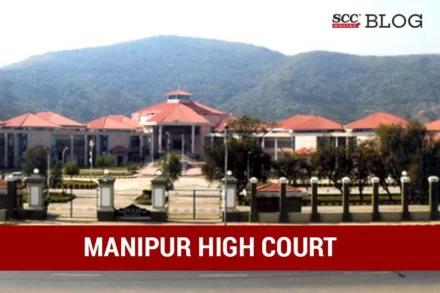
“Pension is not a bounty from the state authority to the retired employee, it is compensation for the past service rendered by the employee. It cannot be withheld without assigning any reason”.
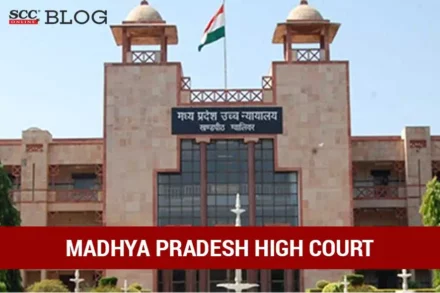
Madhya Pradesh High Court noted that the petitioner did not dispute her liability to refund the commuted portion in instalments, as per her undertaking.
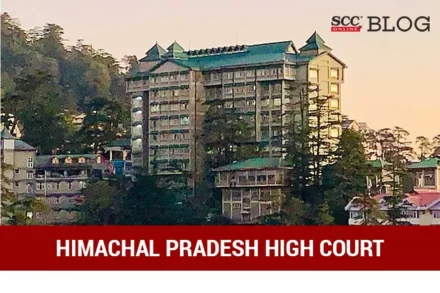
“Public authorities hold the public funds in trust. The public money cannot be allowed to be wasted by unjustified delays caused by the public authorities in discharge of their duties.”
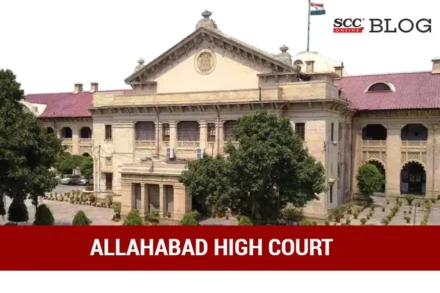
“The respondents being “State” under Article 12 of the Constitution of India, its officers are public functionaries. Under our Constitution, sovereignty vests in the people. Every limb of constitutional machinery, therefore, is obliged to be people oriented. Public authorities acting in violation of constitutional or statutory provisions oppressively are accountable for their behavior”
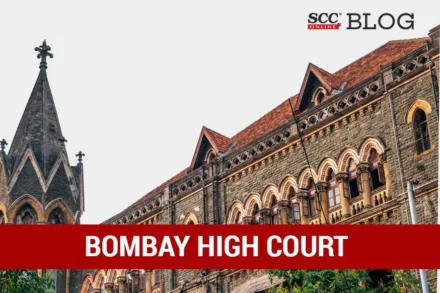
The Petitioner is 86 years of age today and though she is a legally wedded wife, she received no pension after the demise of her husband for 25 years only because the second wife Rukhminibai was paid the pension after the demise of the freedom fighter husband.